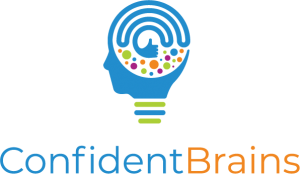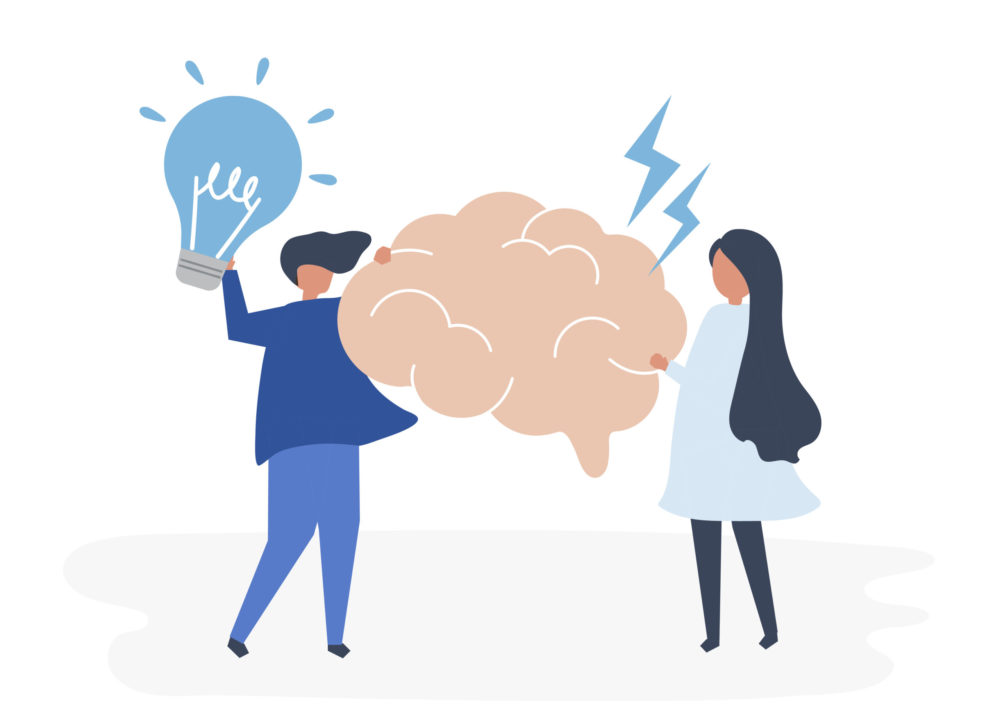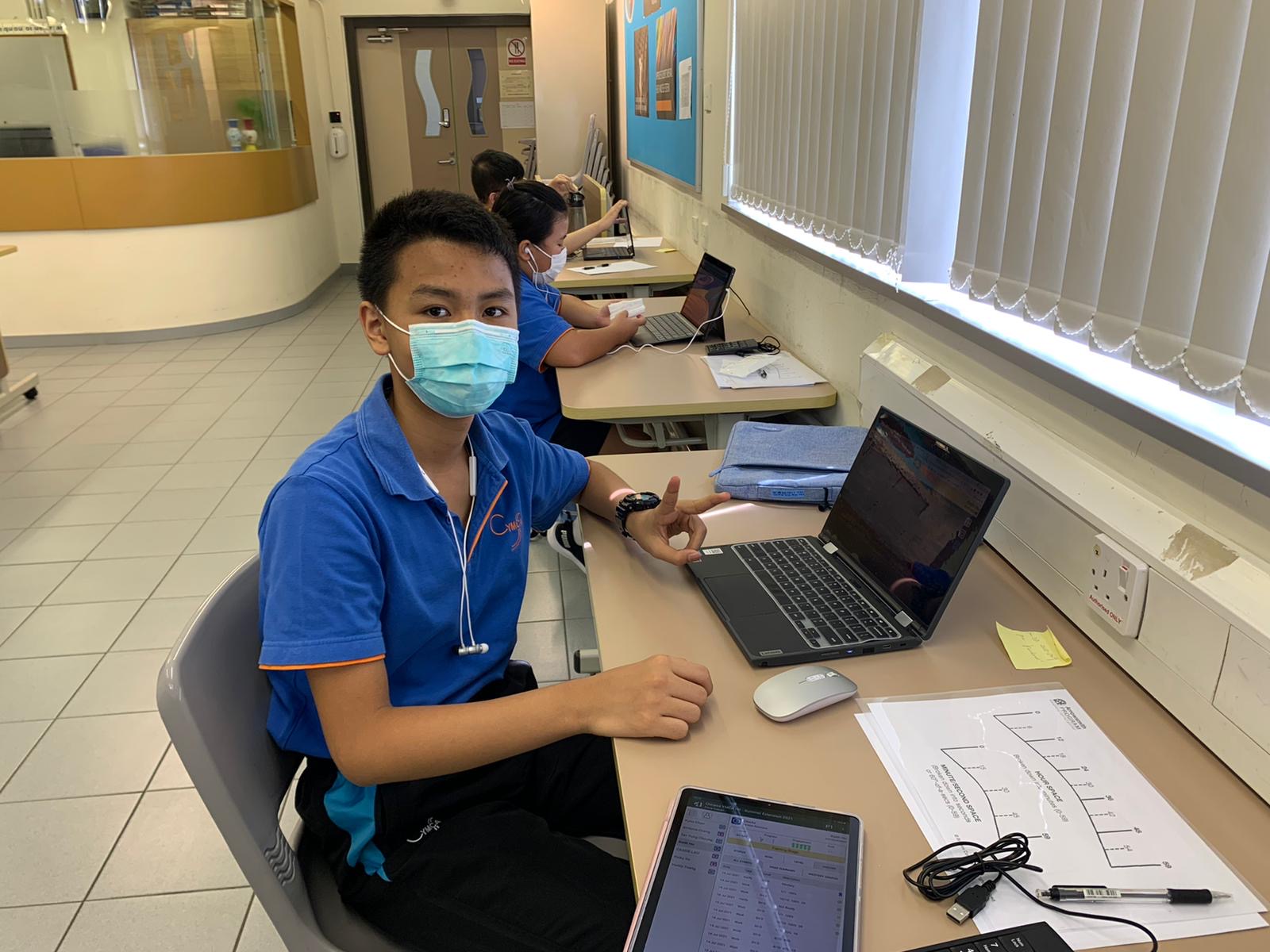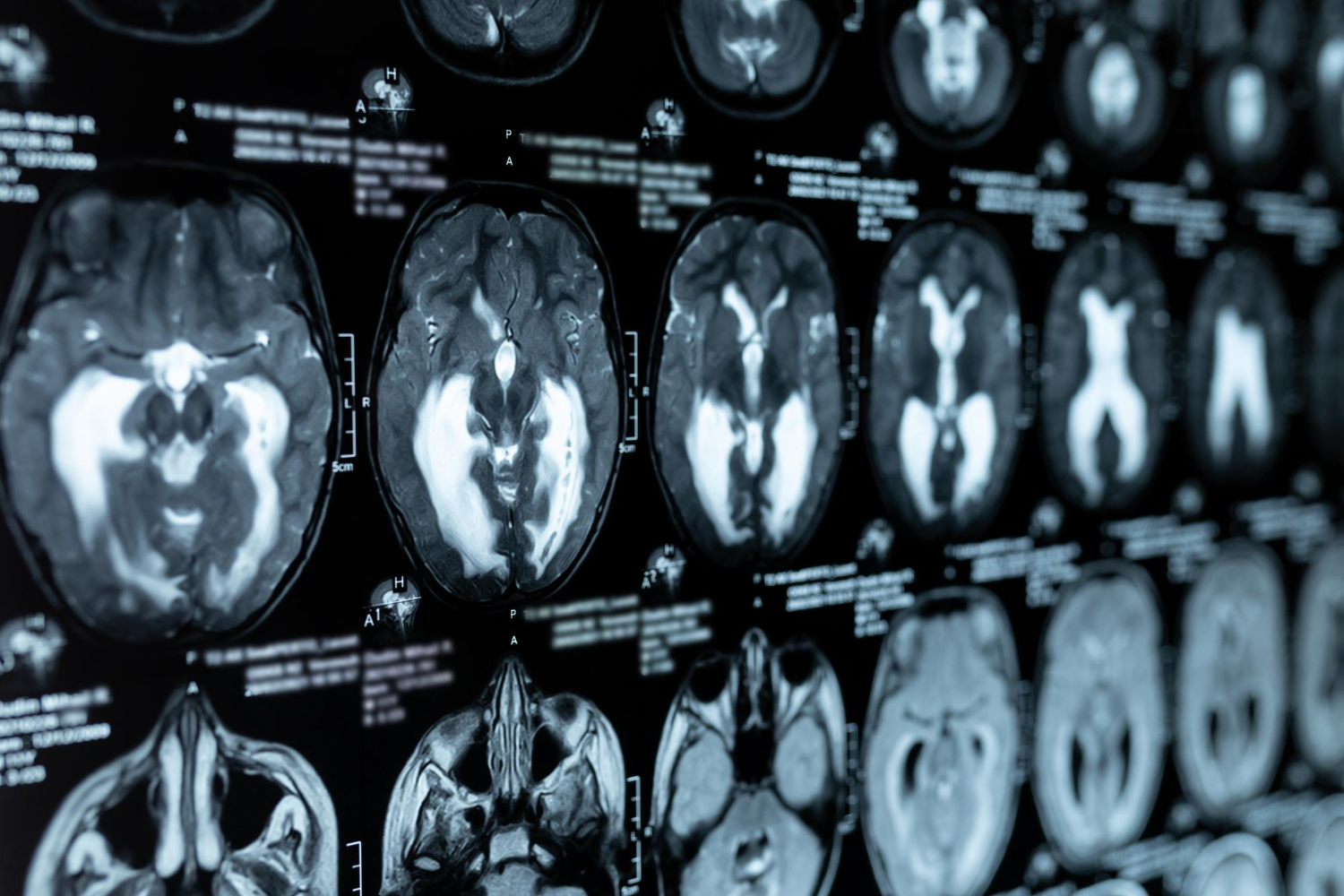Introduction
To be happy and healthy humans, we all know we need to sleep well, eat right, and exercise. But what about our brain? We certainly demand a lot from it, as the source of all thinking and action, every moment of every day. Doesn’t it deserve our attention, too?
Science offers a promising position: our brains, like our bodies, can change and improve through exercise. Known as neuroplasticity, our brain has the remarkable capacity to change both its physical structure and its functional organization.
Through neuroplastic or “cognitive“ training, our brain can grow dendrites, form new neural connections, strengthen existing connections – all of which fundamentally change the brain’s capacity to learn and function. Further, key processes such as problem solving, memory, processing speed, reasoning, and mental flexibility – can be directly targeted.
Webinar Info
On February 15th, 2022 at 7:00 PM EST CAN/USA, join Executive Director of the Arrowsmith Program, Debbie Gilmore, as she discusses the brain’s role at school, the workplace, at home, and throughout our lives.

Meet the Speaker
Debbie Gilmore
Executive Director of the Arrowsmith Program
Gilmore’s presentation will examine the remarkable science of neuroplasticity and share some foundational principles for effective neuroplastic training. It will also invite you to consider the implications of this approach.
What would it mean, for example, to have cognitive programming within our schools, the workplace, and at home? What would life look like for you, for those you love – to have a sharper, faster, more efficient brain? Join us as we put science to practice and consider how cognitive enhancement can benefit us all.




